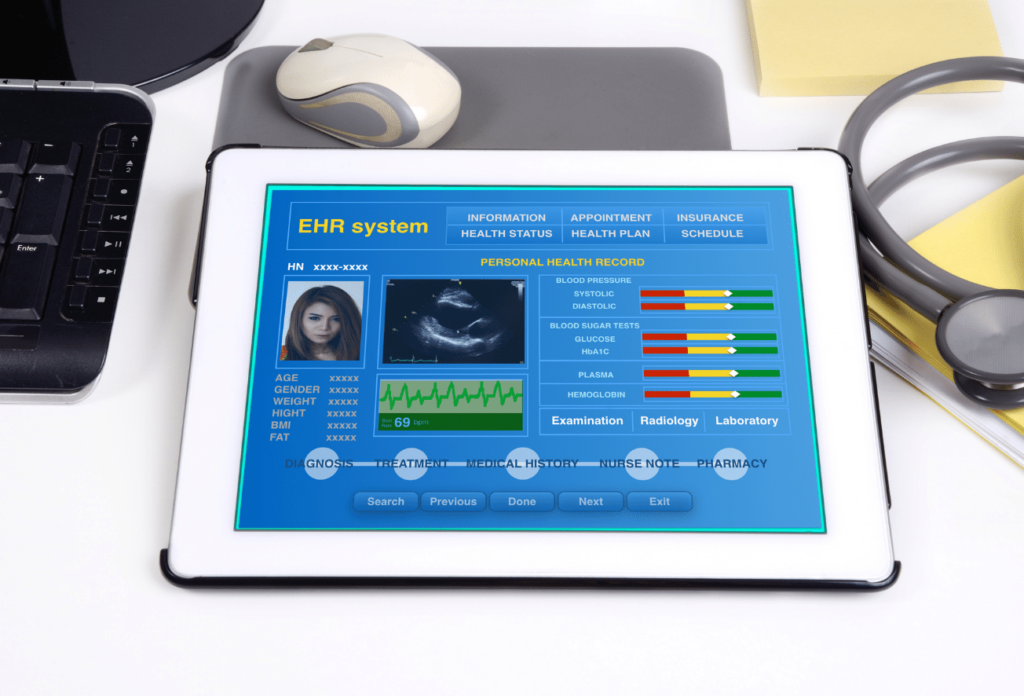
Compliance with medical record retention isn’t a choice. It’s the law. Every healthcare organization, from hospitals to pharmacies, must abide by state and federal laws. To ensure your organization complies, you’ll need to develop a medical record retention policy. Such a policy will protect PHI (protected health information) and provide accessibility for documents for patient, payer, and auditor inquiries.
5 Tips to Develop Your Medical Record Retention Policy
With these tips, you’ll be able to create a policy that’s compliant and streamlined.
Determine the Length in Which You Need to Keep Records
The amount of time you need to store records varies. HIPAA dictates that records are retainable for six years from the date of creation or the date it was last in effect.
Other states and agencies may require a longer period of time. HealthIT.gov provides a table of laws by state. A majority of these states mandate a longer retention time than six years. AHIMA also offers a table of record retention standards by agency.
For pharmacy, CMS requires all pharmacies filling Medicare Part D prescriptions to maintain records for 10 years. Additionally, there are rules regarding types of records.
Document Your Policy
A policy isn’t implantable or sustainable without documentation. Documenting your policy ensures that all employees have access to the process. It should clarify what regulations apply to your records and also include how and when you archive medical records. Finally, it should also define how users can access old records in the case of an audit or inquiry.
Choose a Powerful, Easy to Use Archiving Tool
Most likely, you don’t want to keep all patient records in your EHR or pharmacy software system. Too much data in these platforms can impact performance. Archiving records keeps you compliant with retention laws. They simply move data, documents, and images to a secure storage area. Ideally, you’ll want a cloud-based system, so it’s accessible anywhere.
When choosing a legacy data provider, be sure that their system has the functionality and security you need. There are a series of questions you can ask a prospective archiving provider. Find them here.
Review Your Policy with Legal Counsel
If you recently established a policy or have had one for some time, it’s always good to have a legal eye on it. You can share it with in-house counsel if available. If not, you’ll want to find an attorney with in-depth knowledge of medical record retention policies.
Train Employees on Retention and Access

The last part of your medical record retention policy is to share it and execute it. This implementation should include training for employees on:
- The retention requirements for your records.
- What type of records you’ll retain.
- Where you’ll store archived records.
- How to access archived records for reporting.
Need Help with Medical Record Retention?
We provide healthcare and pharmacy with a robust and intuitive medical record archiving tool. It’s easy to use, meets all medical record retention requirements, and is secure. It’s a web-based, turnkey solution that supports compliance.
Check out how ViewMaster works today by watching our video!



